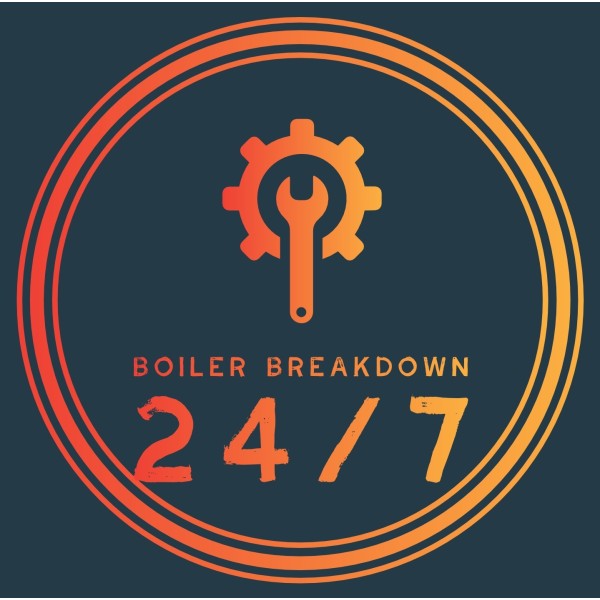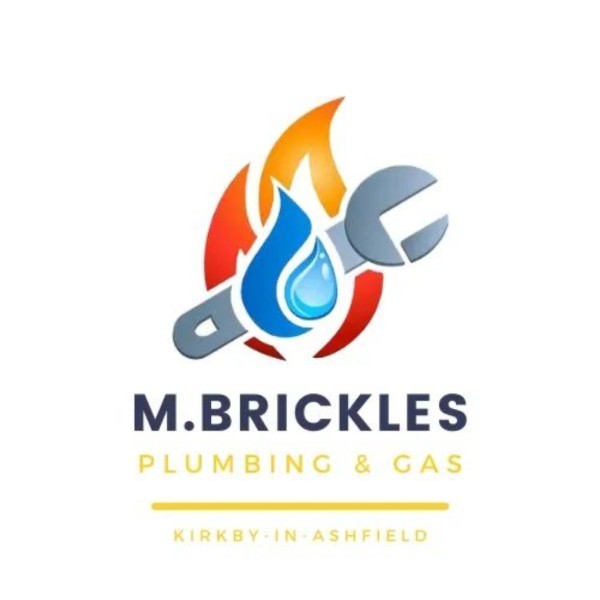Introduction to Boiler/Heating Engineers in Worksop
Boiler and heating engineers play a crucial role in ensuring our homes and businesses remain warm and comfortable, especially during the chilly months. In Worksop, a town known for its rich history and vibrant community, these professionals are in high demand. They are the unsung heroes who ensure that our heating systems function efficiently and safely. This article delves into the world of boiler and heating engineers in Worksop, exploring their roles, responsibilities, and the impact they have on the community.
The Role of Boiler/Heating Engineers
Boiler and heating engineers are skilled professionals who specialise in the installation, maintenance, and repair of heating systems. Their expertise ensures that boilers operate safely and efficiently, providing consistent heat and hot water to homes and businesses. These engineers are trained to handle a variety of systems, from traditional gas boilers to modern, energy-efficient models.
Installation of Heating Systems
One of the primary responsibilities of boiler and heating engineers is the installation of heating systems. This involves assessing the specific needs of a property, recommending suitable systems, and ensuring they are installed correctly. Proper installation is crucial for the efficiency and longevity of the system.
Maintenance and Servicing
Regular maintenance is essential to keep heating systems running smoothly. Engineers perform routine checks to identify potential issues before they become major problems. This includes cleaning components, checking for leaks, and ensuring the system is operating at optimal efficiency.
Repair and Troubleshooting
When heating systems malfunction, boiler and heating engineers are called upon to diagnose and repair the issue. Their expertise allows them to quickly identify the problem and implement effective solutions, minimising downtime and inconvenience for the property owner.
Qualifications and Training
Becoming a boiler and heating engineer requires a combination of formal education and hands-on training. In the UK, engineers typically complete an apprenticeship, which provides them with the necessary skills and knowledge. Additionally, they must obtain relevant certifications, such as Gas Safe registration, to legally work on gas appliances.
Apprenticeships and Vocational Training
Apprenticeships are a popular route for aspiring engineers, offering a blend of classroom instruction and practical experience. These programmes cover a wide range of topics, including system design, installation techniques, and safety protocols.
Certification and Continuous Learning
Once qualified, engineers must stay up-to-date with the latest industry developments. This involves attending workshops, completing refresher courses, and renewing certifications as required. Continuous learning ensures that engineers remain knowledgeable about new technologies and best practices.
The Importance of Safety
Safety is a top priority for boiler and heating engineers. Working with gas and other potentially hazardous materials requires strict adherence to safety protocols. Engineers must conduct thorough safety checks and ensure that all installations comply with current regulations.
Gas Safety
Gas safety is a critical aspect of an engineer's role. Engineers must be registered with the Gas Safe Register, which ensures they have the necessary skills and knowledge to work safely with gas appliances. Regular inspections and maintenance help prevent gas leaks and other safety hazards.
Compliance with Regulations
Boiler and heating engineers must ensure that all work complies with local and national regulations. This includes adhering to building codes, environmental standards, and safety guidelines. Compliance not only ensures safety but also protects property owners from potential legal issues.
Energy Efficiency and Environmental Impact
With growing concerns about climate change and energy consumption, boiler and heating engineers play a vital role in promoting energy efficiency. By recommending and installing energy-efficient systems, they help reduce carbon footprints and lower energy bills for property owners.
Energy-Efficient Systems
Modern heating systems are designed to be more energy-efficient, reducing waste and lowering emissions. Engineers can advise property owners on the best systems for their needs, taking into account factors such as property size, insulation, and budget.
Renewable Energy Solutions
In addition to traditional systems, many engineers are now trained to install renewable energy solutions, such as solar thermal systems and heat pumps. These technologies offer sustainable alternatives to conventional heating methods, further reducing environmental impact.
Choosing the Right Engineer in Worksop
When selecting a boiler and heating engineer in Worksop, it's important to consider several factors to ensure you receive quality service. Reputation, experience, and customer reviews are all key indicators of a reliable engineer.
Checking Credentials and Experience
Before hiring an engineer, verify their credentials and experience. Ensure they are Gas Safe registered and have a proven track record of successful installations and repairs. Experienced engineers are more likely to provide efficient and reliable service.
Reading Customer Reviews
Customer reviews offer valuable insights into an engineer's professionalism and quality of work. Look for engineers with positive feedback and a history of satisfied customers. This can help you make an informed decision and avoid potential issues.
Cost Considerations
The cost of hiring a boiler and heating engineer can vary depending on the complexity of the job and the engineer's experience. It's important to obtain multiple quotes and compare prices to ensure you receive fair and competitive pricing.
Understanding Pricing Structures
Engineers may charge by the hour or offer fixed rates for specific services. Understanding the pricing structure can help you budget effectively and avoid unexpected costs. Be sure to ask for a detailed breakdown of costs before work begins.
Balancing Cost and Quality
While it's important to consider cost, don't sacrifice quality for a lower price. Investing in a reputable engineer can save you money in the long run by ensuring your heating system is installed and maintained correctly.
Frequently Asked Questions
- What qualifications do boiler and heating engineers need? Engineers typically complete an apprenticeship and obtain certifications such as Gas Safe registration.
- How often should I service my boiler? It's recommended to service your boiler annually to ensure it operates efficiently and safely.
- What are the signs of a faulty boiler? Common signs include unusual noises, leaks, and inconsistent heating. If you notice any of these, contact an engineer for an inspection.
- Can engineers install renewable energy systems? Yes, many engineers are trained to install systems like solar thermal and heat pumps.
- How do I find a reputable engineer in Worksop? Check credentials, read customer reviews, and ask for recommendations from friends or family.
- What should I do in case of a gas leak? If you suspect a gas leak, evacuate the property immediately and contact the gas emergency services.
Conclusion
Boiler and heating engineers in Worksop are essential to maintaining the comfort and safety of our homes and businesses. Their expertise in installation, maintenance, and repair ensures that heating systems operate efficiently and safely. By choosing a qualified and reputable engineer, property owners can enjoy peace of mind knowing their heating needs are in capable hands. As the demand for energy-efficient and environmentally friendly solutions grows, these professionals will continue to play a vital role in shaping the future of heating technology.










